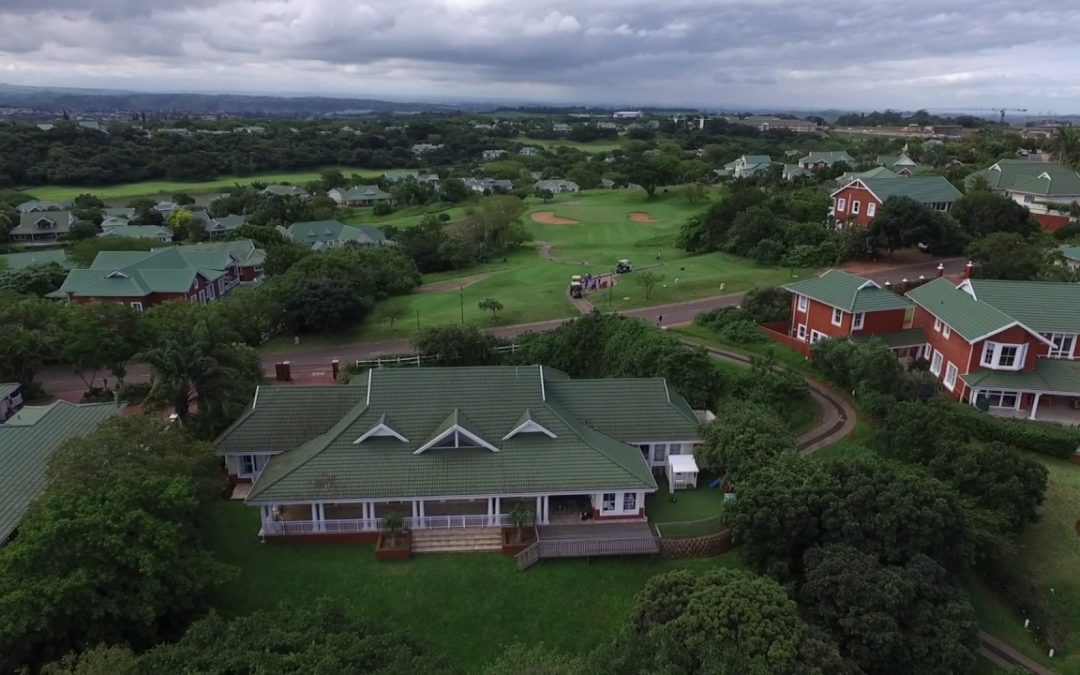Private estates: Defaulting owners treated like day visitors

09 May 2018
In the case of Singh and Another v Mount Edgecombe Country Club Estate Management Association 2016 (5) SA 134 (KZD), the court was asked to decide on an issue which frequently presents itself in private estates, also known as gated communities.
The facts
The daughter of a Mr Singh, a resident owner of the Mount Edgecombe Country Club Estate, was fined R1,500 for driving over the speed limit of 40km/h within the estate, as per the Home Owners’ Association’s (HOA) rules, on three different occasions. After Mr Singh refused to pay the fines, the HOA terminated his and his family’s right to access the estate with their access cards or via the biometric scanner. As such, each time they entered the estate, they had to manually sign in at the security gate. Mr Singh brought an urgent application to have their access rights restored.
The judgment
The Court found that the limitation on Mr Singh and his family’s access rights was unlawful and, as such, these rights had to be restored with immediate effect. Mr Singh relied upon what is known as the mandament van spolie. This remedy is aimed at restoring control and/or possession of property to a party from whom it was taken by unlawful self-help, in other words, without following proper legal process.
The Court found that Mr Singh was in peaceful and undisturbed control of the property and that the HOA disturbed his control by means of self-help. Mr Singh and his family used their security cards and the biometric scanner to enter the estate and the denial by the HOA to allow them to access the estate in this manner amounted to a spoliation.
The discussion
The mandament van spolie is said to be both a summary and unique remedy in that it can be granted speedily without having to investigate the parties’ rights. Mere possession will suffice. Even in cases where an unlawful possessor’s possession had been disturbed he would be able to rely on this remedy.
The conclusion
The courts rely on a rigid approach in this regard and will not allow parties to rely on self-help methods. As such, where a resident is in contravention of the private estate’s rules, the HOA cannot stop that resident from using their access card or biometric system to gain access to the estate.
Abrahams & Gross provide expert legal advice relating to both Home Owners’ Associations and resident’s rights as well as the protection thereof in relation to HOA’s. We also draft Home Owner’s Association Constitutions and Conduct Rules and can advise you as to how these challenges can be minimised. Contact our experienced Conveyancing and Property Law team or our expert Litigation and Dispute Resolution attorneys to assist.
See also:
- New home owners are not liable for municipal debt of the previous owners
- Domain name disputes – Amendments update

